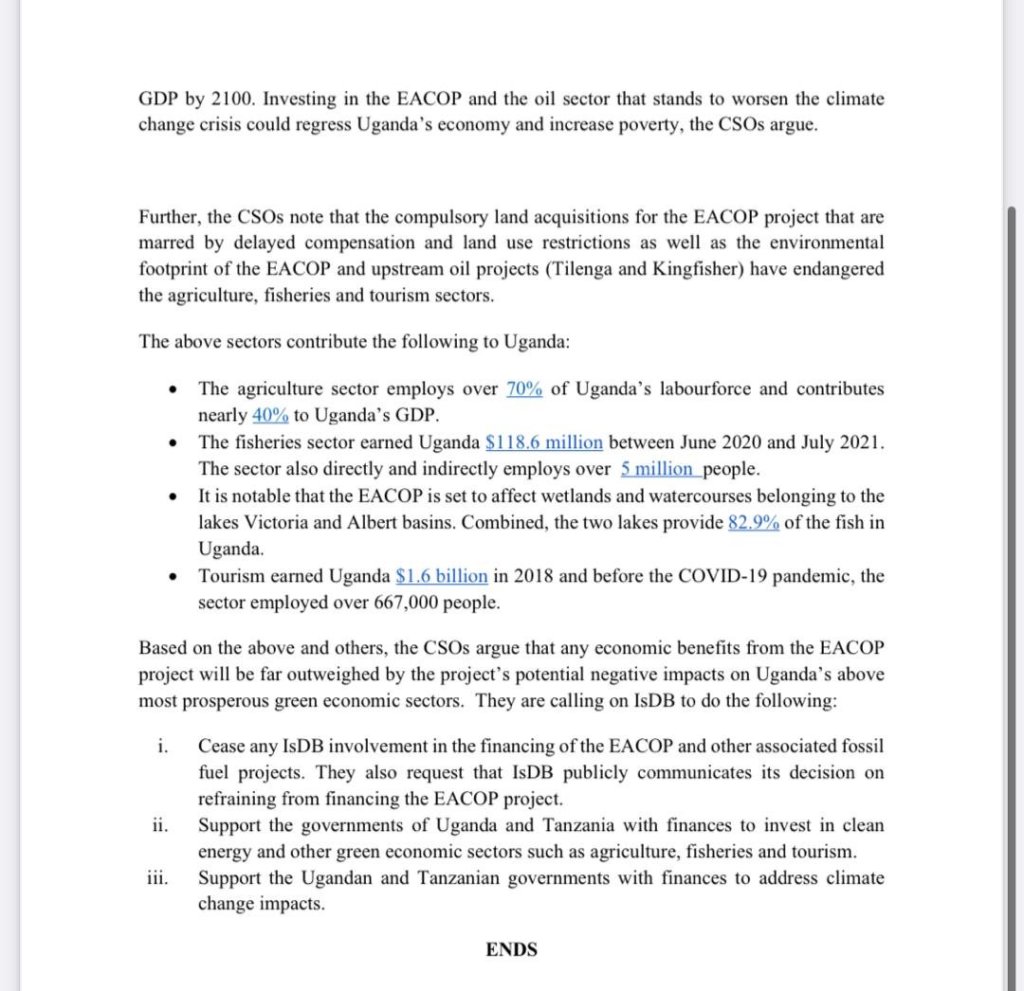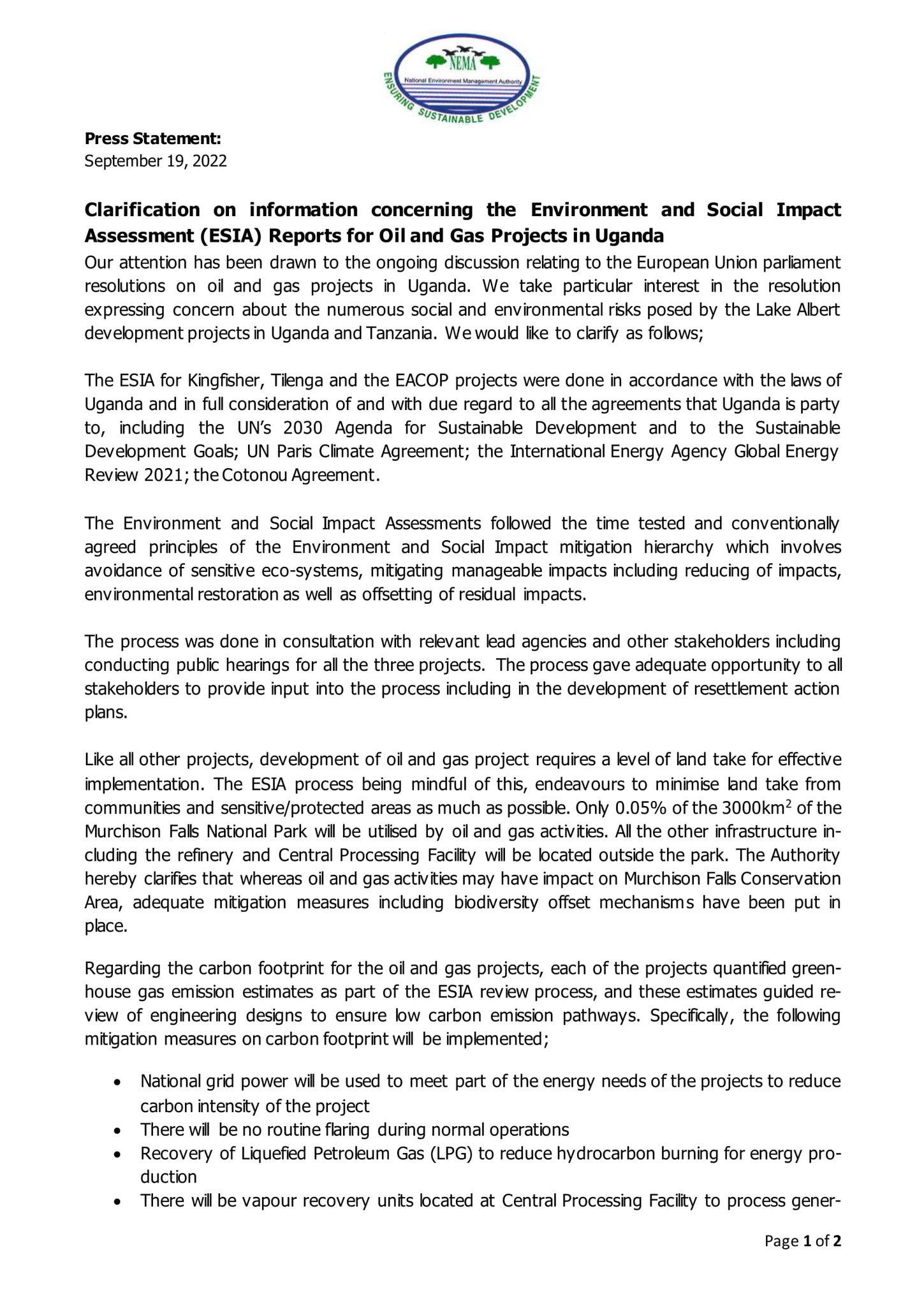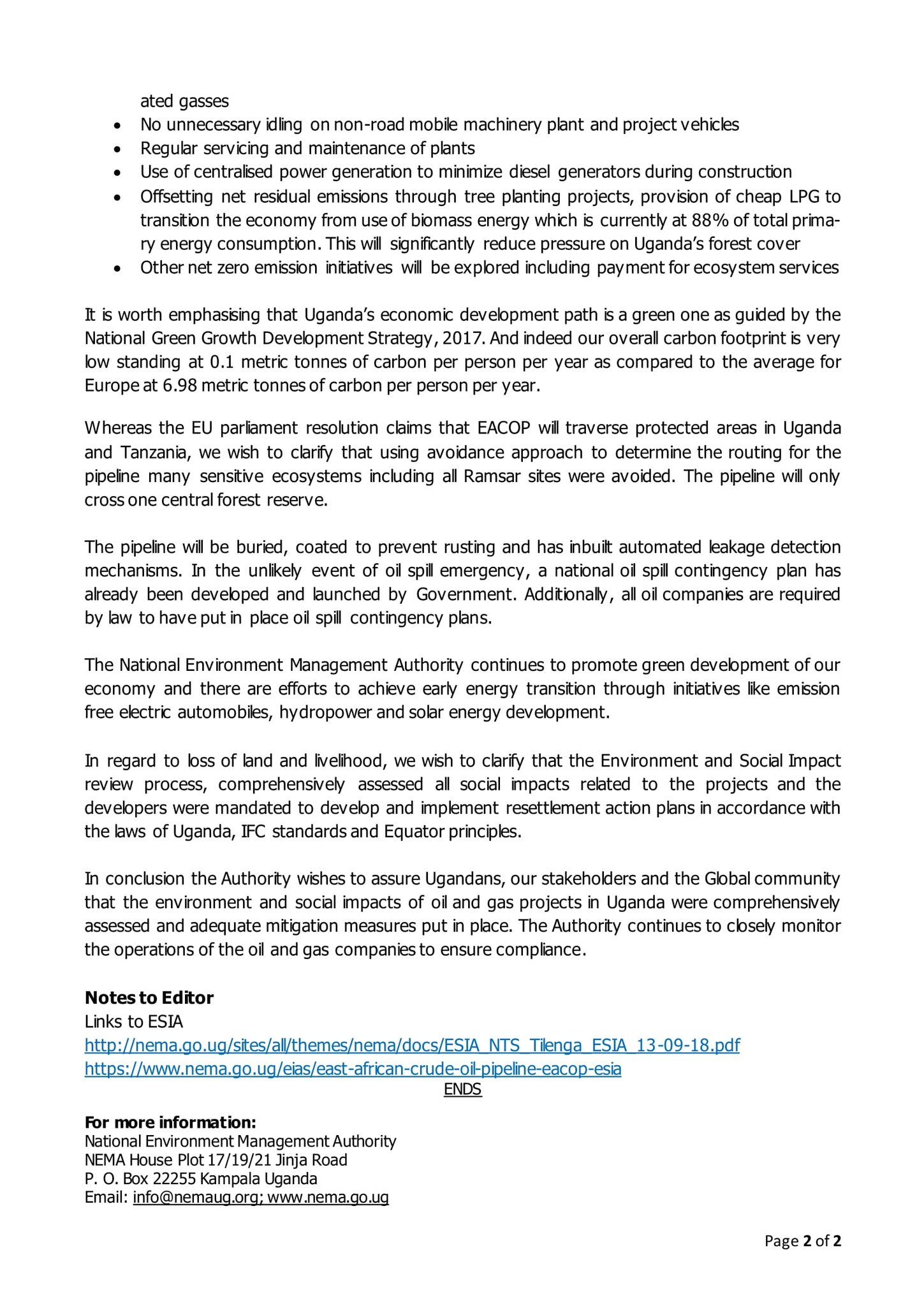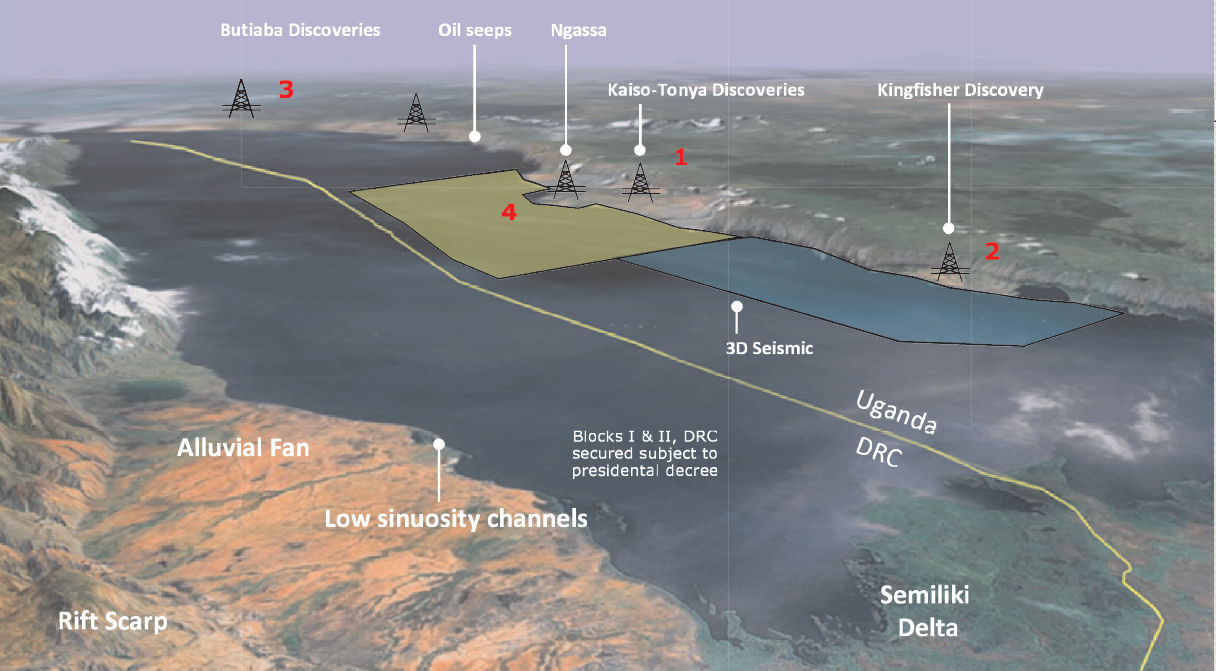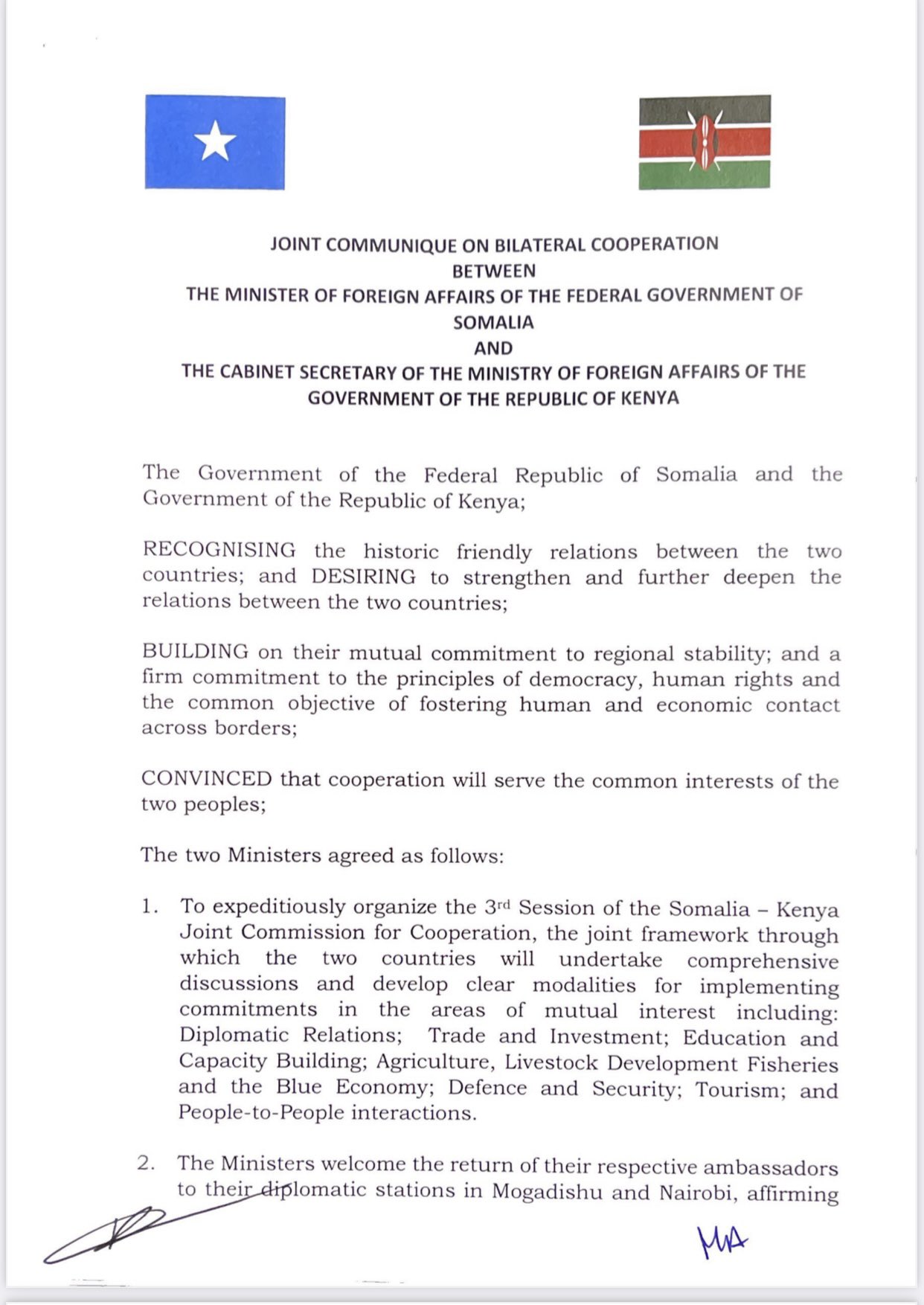
“Transport CS Kipchumba Murkomen releases SGR agreement for public scrutiny. Some key loan terms:
~ Loan amount not exceeding $1.6Bn
~ 2.0% per annum interest
~ 0.25% management fee
~ 20-year tenure with a 7yr grace period
~ preference for the purchase of goods from China” (Kenyan Wallstreet, 06.11.2022).
The SGR Agreement decides that the Kenyan Government has 13 years to repay the loans for the Standard Gauge Railway (SGR). This is happening after the 7 year grace period. The agreement was signed off on the 14th May 2014 and 7 years after that is last year May 2021.
There been speculations about this agreement ever since the Jubilee government signed it and accepted it’s terms. It was even at one point, rumours that the Kenyan government had signed off the Mombasa Port operations to the China EXIM Bank.
What it instead says in addition to the terms of the direct financial manner. It says something very interesting…
A key parts of the SGR Agreement is this, as well as the other mentioned terms: “The Borrower undertakes to procure that the Government of Kenya or the relevant authorities of Kenya shall stipulate and issue preferential policies, regulations or approvals in relation to RDF which could be applied in priority to make the repayment of loans in relation to the Project as owning to the Lender, the Long Term Service Agreement and its due performance, the revenues generated from the Project which will be applied in priority to make the repayment of loans in relation to the Project as owing to the Lender (except for the expenditures of operation and management of the Project), the Inlander Container Depot (inland port) established in Nairobi and its mandatory customs clearance, and all other necessary policies or approvals, with an aim to ensuring the due operation of the Project and the repayment of such loans in relation to the Project as owing to the Leader” (SGR Agreement, 2014).
Here the borrower is setting the terms of usage and how the transport policies are set. This is now in print and in public. It now makes perfect sense why the authorities and the government ordered all goods or movement of cargo is directed to the SGR. That is done in accordance with the agreement actually. Because the stipulation is actually there…
Certainly, you can wonder if Beijing or the China Exim Bank is happy with the leakage of the agreement between them and the Kenyan Government. They would most likely be happy to have it under seal and hidden from the public space. Because, now the realities of this agreement is in the public domain.
The SGR is already a sort of failure and lack of creating revenue. That’s why the SGR haven’t been profitable or had the ability be viable. That’s why the Kenyan Government had to direct all cargo to go through the SGR and to the Navisha or Inland Port in Nairobi. Therefore, this agreement is just showing how bad this deal was.
The one winning here is China and they are getting lots of interests out of it. They are able to get the Kenyan government on their side. The Kenyan Government accepted a huge loan for an expensive railway. A railway that will take forever to be a feasible enterprise. That’s why these terms will be a liability and an expensive expense for the taxpayers in the years to come. While the SGR will not deliver or be able to re-coup the debt. That’s what is tragic here… Peace.




